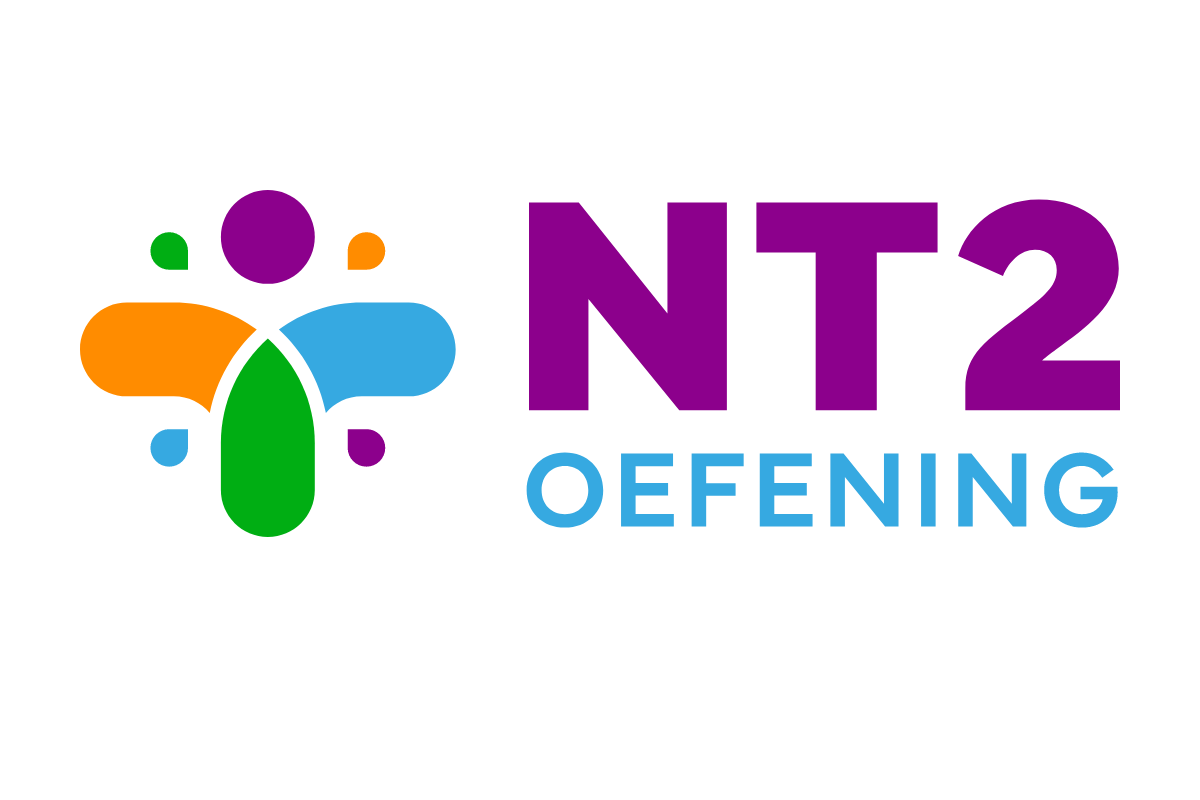Introduction
Dutch slang adds a delightful flavor to the language, making it more colorful and expressive. Maybe you’re planning a trip to the Netherlands or aiming to impress your Dutch-speaking friends. Learning some cool Dutch slang words and phrases can enhance your language skills and cultural understanding. So, we’ll explore various categories of Dutch slang now. From greetings to filler words, you will find different Dutch slang in this blog. Moreover, we share some bonus idioms that add a touch of flair to your conversations.
Greetings in Dutch Slang
Joe joe!
Dutch people use this informal way of saying when ending phone calls or bidding farewell to friends and neighbors. They pronounce it like the English “you” or “you you”.
Jo / jo jo
Similar to the English “yo”, it’s another informal way to say “bye”. On the other hand, “yo” expresses both greeting and parting.
Hallootjes
It is a playful way of saying “hello” in casual settings. It adds a friendly and informal vibe to your greetings.
Describing Words and Phrases
Lekker
Its literal meaning is “tasty”. However, it commonly expresses approval or satisfaction. For example, “That coffee is lekker!” translates to “That coffee is nice!”
Gezellig
It is a quintessential Dutch term encompassing coziness, warmth, and conviviality. It describes pleasant social situations or places, adding a sense of comfort and friendliness.
Kut
“Kut” is a strong expletive equivalent to “damn” or “crap”, used cautiously due to its directness and strong impact.
Chill
Chill is borrowed from English. And it means the same—relaxed or easygoing, adding a modern touch to conversations.
Reactions and Responses
Hè?
“Hè?” expresses a surprise or confusion, similar to “huh?” or “what?”. It generally seeks clarification or express disbelief.
Echt waar?
Its literal meaning is “really?”. Also, it shows genuine surprise or skepticism.
Nou en?
Translating to “so what?” or “who cares?” it’s a dismissive response often used to downplay a situation or statement.
Filler Words for Emphasis and Softening
Hoor
Dutch people add to the end of sentences for emphasis, reinforcing the speaker’s point or opinion. For example, “Dat is goed, hoor!” means “That’s good, you know!”.
Toch
It means “still” or “anyway,”. And it softens statements or seeks agreement. For instance, “Het regent toch” translates to “It’s raining anyway”.
Even
“Even” softens requests or commands. Aso, it adds politeness to the conversation. For example, “Doe even normaal” means “Just calm down” or “Get a grip”.
Bonus Idioms for Extra Flair
Alsof er een engeltje over je tong piest
This idiom describes delicious food or enjoyable experiences, imagining the sensation of heavenly delight.
Met je neus in de boter vallen
This signifies unexpectedly landing in a fortunate situation or being lucky without effort.
Een kat in de zak kopen
It refers to being deceived or buying something without proper inspection, akin to purchasing the unexpected.
Conclusion
Now armed with an array of Dutch slang words, phrases, and idioms, you can add a touch of flair and cultural richness to your Dutch-speaking interactions. Remember to use them appropriately and enjoy the colorful world of Dutch language and expression!
NT2 Oefening: Your Gateway to Dutch Language Mastery
Are you eager to learn Dutch as a second language (NT2)? Then, NT2 Oefening is here for you! It offers a wealth of resources for non-native speakers who want to explore the intricacies of the Dutch language. Whether you’re preparing for the Staatsexamens Nt2 (State Exams Nt2) or simply aiming to improve your language skills, NT2 Oefening has you covered.
Follow us on social media!

